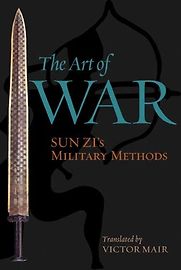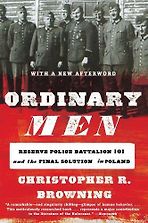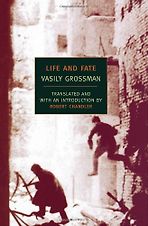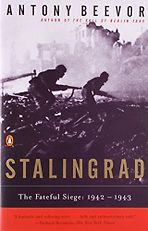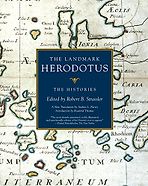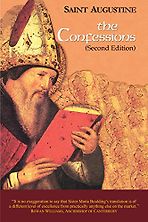The Art of War
by Sun Zi (also written in English as Sun Tzu)
Recommendations from our site
“It has survived, partly because of the way it was written—as aphorisms or pearls of wisdom regarding how to view strategy or to fight wars. That made it easily transferrable from one historical era to another.” Read more...
The best books on Military Strategy
Antulio Echevarria II, Military Historians & Veteran
“Sun Tzu, a Chinese general 26 centuries ago, tells us: “If you know your enemies and know yourself, you can win a hundred battles without a single loss.” That is the mission of intelligence. We can build all the billion dollar spy satellites we want – and we do – but to know your enemy is to talk to him in his own language. That is the job of spies, and that is what The Art of War teaches.” Read more...
The best books on The US Intelligence Services
Tim Weiner, Journalist
“Sun Tzu is completely outside the whole Western way of looking at politics and at states. For him, war was an art and an art being practised by generals, by individual commanders…He regards war as a sort of chess, one which could be played by all kinds of players against one another. He powerfully influenced Mao Zedong and developed a way of looking at war, which was then use by Mao Zedong first against the Japanese and then against his rivals.” Read more...
Michael Howard, Military Historians & Veteran
Our most recommended books
-

Ordinary Men: Reserve Police Battalion 101 and the Final Solution in Poland
by Christopher Browning -

On War
by Carl von Clausewitz -

Life and Fate
by Vasily Grossman and translated by Robert Chandler -

Stalingrad
by Antony Beevor -

Histories
by Herodotus -

The Confessions
by Augustine (translated by Maria Boulding)
